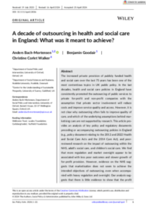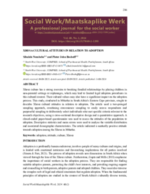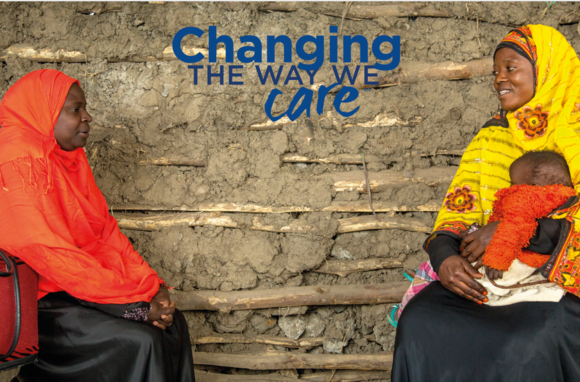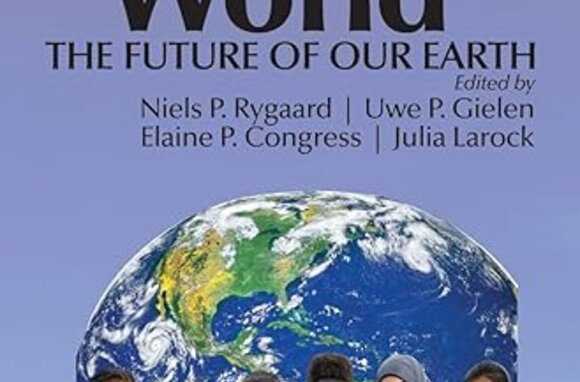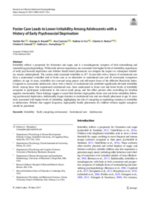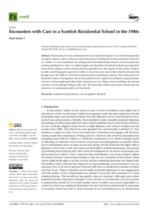A Decade of Outsourcing in Health and Social Care in England: What Was it Meant to Achieve?
This article provides an analysis of key policy and regulatory documents preceding or accompanying outsourcing policies in England (e.g., policy document relating to the 2012 and 2022 Health and Social Care Acts and the 2014 Care Act), and peer reviewed research on the impact of outsourcing within the NHS, adult's social care, and children's social care.

